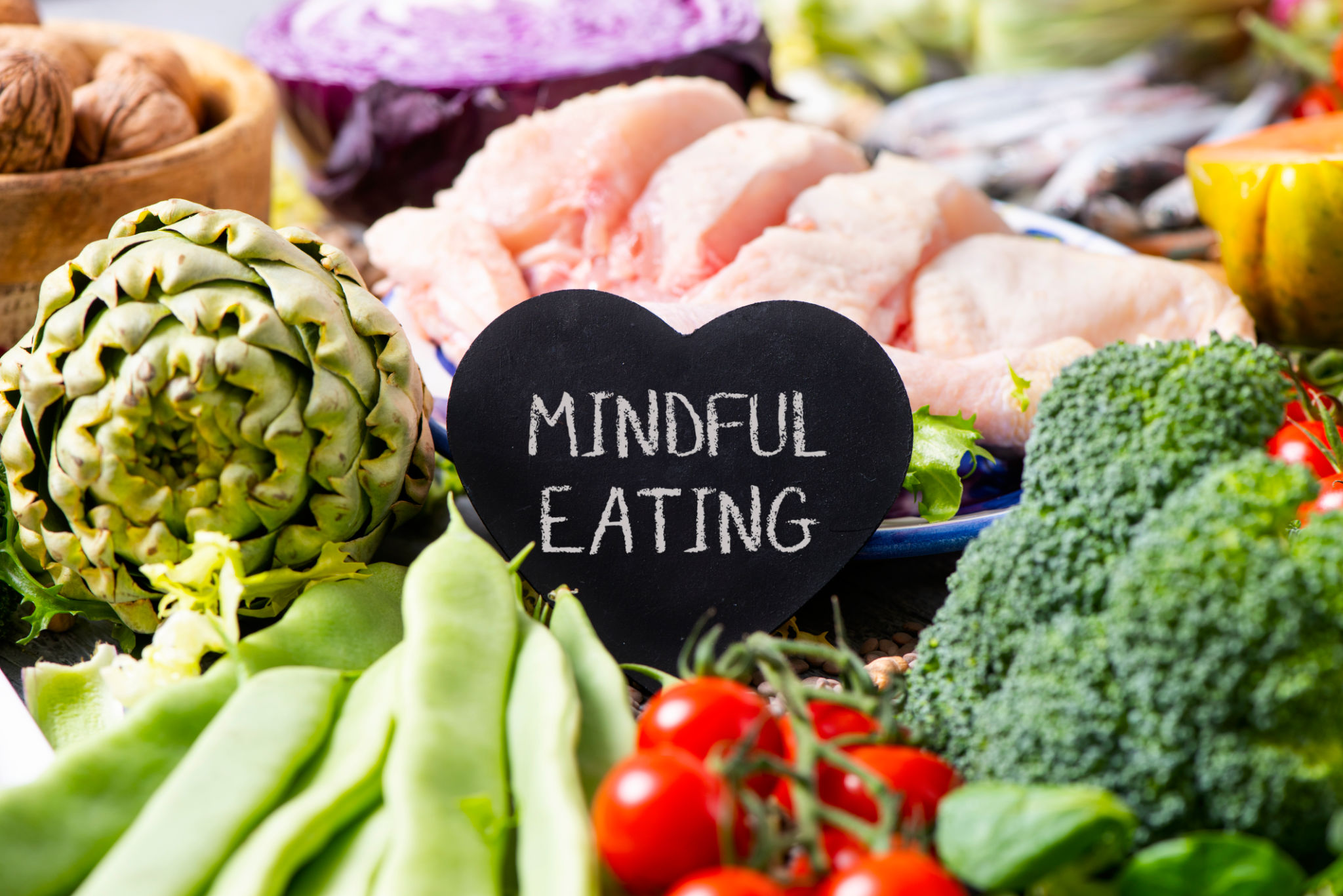Building a Healthy Relationship with Food: A Beginner's Guide
Understanding Your Relationship with Food
Building a healthy relationship with food is essential for both physical and mental well-being. It involves recognizing how your emotions, habits, and environment influence your eating behaviors. For many, food is not just sustenance but also a source of comfort and pleasure. Being mindful of these dynamics can help you foster a more balanced approach to eating.

Recognizing Emotional Eating
Emotional eating occurs when food is used as a way to cope with feelings such as stress, boredom, or sadness. Understanding the triggers that lead to emotional eating can be the first step in addressing it. Ask yourself if you're truly hungry or if you're eating in response to an emotion. This awareness can help you make more intentional choices.
Consider keeping a food journal to track your eating habits and emotions. This can help you identify patterns and triggers. Over time, you'll gain insights into when you're eating for nourishment versus emotional reasons.
Adopting Mindful Eating Practices
Mindful eating involves paying full attention to the experience of eating and drinking, both inside and outside the body. This practice encourages you to savor each bite, notice the flavors and textures, and appreciate the nourishment food provides. By slowing down and being present during meals, you can better tune into your body's hunger and fullness cues.

Steps to Practice Mindful Eating
- Start by eliminating distractions such as TV or phones during meals.
- Take small bites and chew thoroughly.
- Pause between bites to assess your hunger level.
- Listen to your body's signals of hunger and fullness.
Embracing a Balanced Diet
A balanced diet is crucial for maintaining a healthy relationship with food. It involves incorporating a variety of foods from all food groups in the right proportions. This not only ensures that your body gets all the essential nutrients it needs but also prevents feelings of deprivation.
Focus on whole foods like fruits, vegetables, lean proteins, and whole grains. These foods are rich in vitamins, minerals, and fiber, which promote overall health. Additionally, allow yourself occasional treats without guilt, as this balance prevents binge-eating behaviors.

Creating a Positive Food Environment
Your environment plays a significant role in shaping your eating habits. Create a space that supports healthy eating by stocking your pantry with nutritious options and organizing your kitchen in a way that makes meal preparation enjoyable. Surround yourself with supportive individuals who respect your dietary choices.
Additionally, plan meals ahead of time to avoid last-minute unhealthy choices. Meal planning can help you stay on track with your nutrition goals while reducing stress around food decisions.
Seeking Professional Guidance
If you're struggling to build a healthy relationship with food, consider seeking guidance from a registered dietitian or therapist. These professionals can provide personalized advice and support tailored to your unique needs and goals. They can also help address underlying issues that might be affecting your eating habits.
Remember, developing a healthy relationship with food is a journey that takes time and patience. Celebrate small victories along the way, and be kind to yourself as you work towards achieving a more balanced approach to eating.